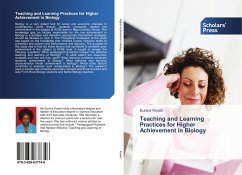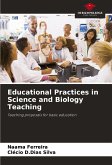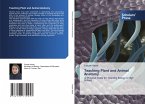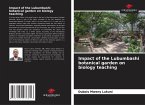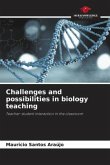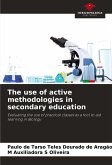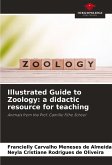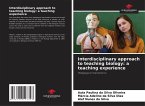Biology is a very potent tool for social and economic changes in contemporary world though students constantly display low achievement in the subject at KCSE level in Migori district, Kenya. The knowledge gap on factors responsible for the low achievement in Biology is a problem and therefore appropriate intervention strategies should be devised to curb it. The Theoretical framework of the study was based on the knowledge that modified human behavior leads to prediction and control over performance and learning. The purpose of this study was to find out those factors that contribute to students' poor achievement in the subject at KCSE level. It sought to answer the following questions: What pedagogical practices hamper the effective teaching and learning of Biology? , To what extent are resources available and how are they used? What learning conditions constrain students' achievement in Biology? What teaching and learning characteristics hinder achievement in Biology? Which other factors contribute to students' poor achievement in Biology? The research used a sample size of twelve secondary schools and three hundred and sixty Form three Biology students and twelve Biology teachers
Bitte wählen Sie Ihr Anliegen aus.
Rechnungen
Retourenschein anfordern
Bestellstatus
Storno

